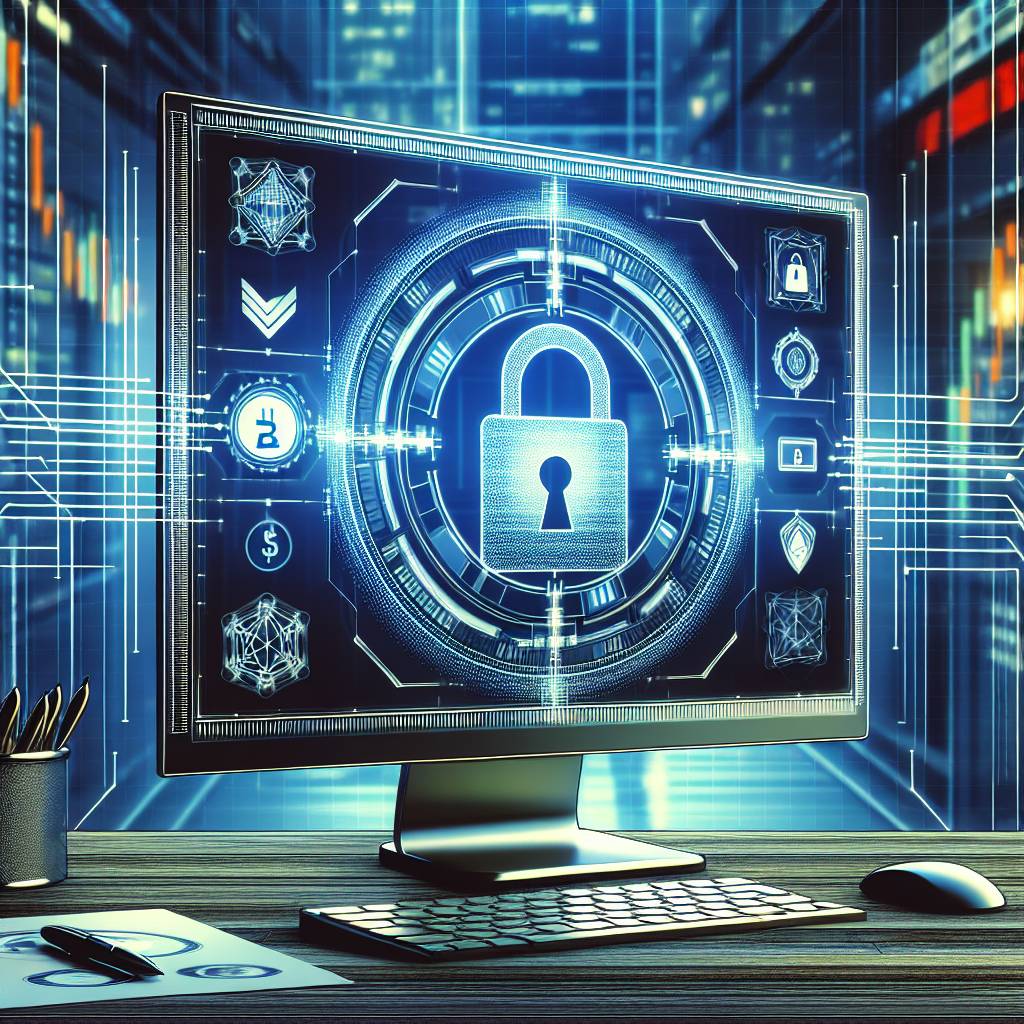What are the best practices for securing my cryptocurrency from being pwned?
I am new to cryptocurrency and want to ensure the security of my digital assets. What are the recommended best practices to protect my cryptocurrency from being compromised?

3 answers
- One of the most important steps to secure your cryptocurrency is to use a hardware wallet. Hardware wallets are physical devices that store your private keys offline, making it extremely difficult for hackers to gain access to your funds. They provide an extra layer of security compared to software wallets or exchanges. Make sure to choose a reputable hardware wallet brand and follow the manufacturer's instructions for setup and usage. Another best practice is to enable two-factor authentication (2FA) on all your cryptocurrency accounts. This adds an extra layer of security by requiring a second verification step, such as a code sent to your mobile device, in addition to your password. It helps protect your accounts even if your password is compromised. Additionally, it's crucial to keep your software and devices up to date with the latest security patches. Regularly update your operating system, web browsers, and cryptocurrency wallet software to ensure you have the latest security features and bug fixes. Remember to always be cautious of phishing attempts. Be wary of suspicious emails, links, or messages asking for your cryptocurrency information. Double-check the website URLs and ensure you are visiting legitimate and secure websites. Lastly, consider diversifying your cryptocurrency holdings and storing them in different wallets or exchanges. This reduces the risk of losing all your funds if one wallet or exchange is compromised. However, do thorough research and choose reputable wallets and exchanges to ensure the security of your digital assets.
 Dec 18, 2021 · 3 years ago
Dec 18, 2021 · 3 years ago - Securing your cryptocurrency is of utmost importance in today's digital world. Here are some best practices to keep your digital assets safe: 1. Use a strong and unique password for your cryptocurrency accounts. Avoid using common passwords or reusing passwords across multiple platforms. 2. Regularly backup your wallet and store the backup in a secure location. This ensures that even if your device is lost or damaged, you can still recover your funds. 3. Be cautious of public Wi-Fi networks. Avoid accessing your cryptocurrency accounts or making transactions while connected to unsecured networks. Hackers can intercept your data and gain access to your funds. 4. Consider using a VPN (Virtual Private Network) when accessing your cryptocurrency accounts from public networks. A VPN encrypts your internet connection, making it more difficult for hackers to intercept your data. 5. Keep your cryptocurrency holdings private. Avoid sharing your wallet addresses or transaction details publicly. This reduces the risk of targeted attacks. Remember, securing your cryptocurrency requires constant vigilance and staying updated with the latest security practices. Stay informed and take proactive measures to protect your digital assets.
 Dec 18, 2021 · 3 years ago
Dec 18, 2021 · 3 years ago - At BYDFi, we prioritize the security of our users' cryptocurrency. Here are some best practices we recommend: 1. Enable multi-factor authentication (MFA) on your BYDFi account. This adds an extra layer of security by requiring a second verification step, such as a code sent to your mobile device, in addition to your password. 2. Regularly review your account activity and enable notifications for any suspicious or unauthorized transactions. 3. Use a unique and strong password for your BYDFi account. Avoid using common passwords or reusing passwords across multiple platforms. 4. Keep your devices and software up to date with the latest security patches. This includes your operating system, web browsers, and any cryptocurrency wallet software you use. 5. Be cautious of phishing attempts. BYDFi will never ask for your password or sensitive information through email or other communication channels. If you receive any suspicious requests, report them to our support team immediately. Remember, securing your cryptocurrency is a shared responsibility. Stay informed, follow best practices, and choose reputable platforms to ensure the safety of your digital assets.
 Dec 18, 2021 · 3 years ago
Dec 18, 2021 · 3 years ago
Related Tags
Hot Questions
- 91
How does cryptocurrency affect my tax return?
- 81
What are the best practices for reporting cryptocurrency on my taxes?
- 80
What are the best digital currencies to invest in right now?
- 62
How can I minimize my tax liability when dealing with cryptocurrencies?
- 45
What is the future of blockchain technology?
- 34
How can I buy Bitcoin with a credit card?
- 11
How can I protect my digital assets from hackers?
- 8
What are the tax implications of using cryptocurrency?
